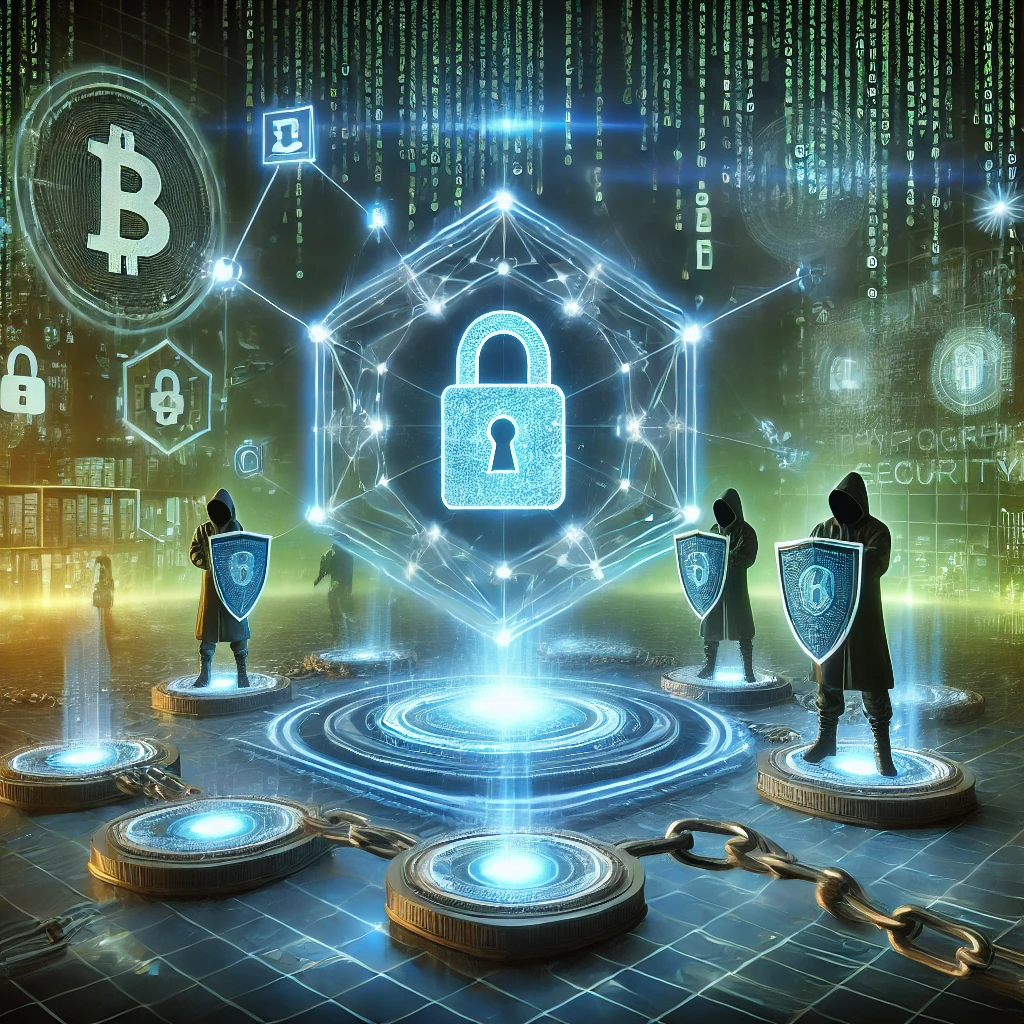How Blockchain is Revolutionizing Cybersecurity
In today’s digital world, protecting sensitive information is more critical than ever. As cyber threats become more sophisticated, businesses and individuals are searching for stronger security solutions. Blockchain technology is emerging as a game-changer, offering a decentralized and tamper-resistant approach to cybersecurity. But how exactly does it work? Let’s dive in.
🔗 What is Blockchain?
At its core, blockchain is a decentralized digital ledger that records transactions across multiple computers instead of storing data in a single location. Each record, or “block,” is linked to the previous one, creating an unbreakable chain of data.
What makes blockchain unique?
✔️ Tamper-Resistant: Once a block is added, it’s nearly impossible to change without altering every subsequent block.
✔️ Transparent: All transactions are recorded publicly and cannot be secretly modified.
✔️ Secure: Cryptographic encryption ensures that data remains protected from unauthorized access.
This structure makes blockchain a powerful tool for cybersecurity, reducing the risk of data breaches and cyberattacks.
🛡️ Decentralization: A Key to Stronger Security
One of blockchain’s biggest strengths is its decentralized nature. Traditional databases store data in a central location, creating a single point of failure that hackers can target. If an attacker gains access, they can potentially compromise the entire system.
🚀 With blockchain, there’s no single point of failure. Data is spread across multiple computers (nodes), making it extremely difficult for cybercriminals to take control. Even if one part of the network is attacked, the rest of the system remains intact and secure.
This decentralized approach makes blockchain an ideal solution for protecting sensitive information, financial transactions, and confidential business data.
📜 Ensuring Data Integrity & Trust
🔹 Once recorded, blockchain data cannot be changed without the approval of all participants in the network. This immutability ensures that the stored information is trustworthy and secure.
🔹 Users can track transaction history at any time, eliminating the need to trust a central authority for verification.
🔹 This transparency makes blockchain ideal for industries that require high levels of trust, such as banking, healthcare, and supply chain management.
By ensuring data remains accurate and unaltered, blockchain boosts security and prevents fraud.
🔑 Stronger Authentication & Access Control
Cybercriminals often exploit weak authentication methods to steal sensitive data. Blockchain strengthens security by using public and private key encryption, ensuring only authorized users can access information.
✅ Public Key: Used for identification and communication.
✅ Private Key: Used for secure authentication and transactions.
💡 Why is this important? Unlike traditional passwords, blockchain authentication methods are much harder to hack, reducing the risk of identity theft and unauthorized access.
💰 Secure Transactions & Payments
Financial transactions are a prime target for hackers, but blockchain provides a safer alternative by eliminating middlemen like banks.
🚀 Smart Contracts – These are self-executing programs that complete transactions automatically when pre-set conditions are met. They ensure that payments are:
✔️ Secure – Transactions cannot be altered once completed.
✔️ Efficient – No delays from banks or third parties.
✔️ Transparent – Everyone involved can verify the transaction.
Blockchain is already transforming industries like finance, e-commerce, and supply chain management, offering fraud-proof digital transactions.
🛑 Defense Against Cyber Threats
Blockchain acts as a shield against various cyber threats, including:
⚠️ Data Breaches – Decentralization prevents a single point of failure.
⚠️ Hacking Attempts – Cryptographic encryption makes hacking nearly impossible.
⚠️ Ransomware Attacks – Immutable records ensure hackers can’t modify or delete data.
Additionally, organizations can quickly detect and respond to suspicious activity through blockchain’s real-time tracking of data changes.
🔮 The Future of Blockchain in Cybersecurit
As cyber threats continue to rise, blockchain’s role in security will only grow. Industries like banking, healthcare, supply chains, and even government systems are already adopting blockchain to enhance data protection.
With its unmatched security, transparency, and reliability, blockchain is paving the way for a safer digital future.
🌍 Are we ready to embrace blockchain-powered security? The answer is clear—our digital safety depends on it. 🚀
